 As I sit here with my iPhone, iPad, iMac, Macbook, Apple TV, my wife’s iPhone, iPad and my children’s iPods, I marvel at the impact that the Apple hardware and software has made on my family. Our numerous purchases and loyalty to Apple products makes us an above average family technologically as well as a collector of Apple products since they release new ones every year. The reason I am reflecting is that one of the top news stories last week was the passing of Steve Jobs.
As I sit here with my iPhone, iPad, iMac, Macbook, Apple TV, my wife’s iPhone, iPad and my children’s iPods, I marvel at the impact that the Apple hardware and software has made on my family. Our numerous purchases and loyalty to Apple products makes us an above average family technologically as well as a collector of Apple products since they release new ones every year. The reason I am reflecting is that one of the top news stories last week was the passing of Steve Jobs.
Now I didn’t know Steve personally but based on the stories I have heard and read, he was innovative, brilliant, entrepreneurial, egomanic, maniacal, a family man, non-philanthropic and quite a few things in between. I found myself drawn to Steve for his innovation, products and business acumen, but not pleased with the sweat shops in China that produced the products and the ways he berated people in order to get them to produce beyond their limits. Overall, he was quite the unique guy.
Nonetheless, I named my first book The iChurch Method, based on my appreciation for the numerous iOS products that I feel have enhanced my life and business. I had the choice between iChurch, internet church, eChurch and online church. Each of these names encompassed what I was trying to explain in the iChurch Method book and how ministries can advance and utilize the internet. I desire that this book not only be innovative in it’s approach but also “just work” as Steve Jobs would say. There is somehow a misconception that the ways megachurches use technology is based on their large revenue streams and I want to dispel that myth. With the numeourous megachurches that I have had the opportunity to work with, each and every one of them has used similar technologies and software that can be used by a small storefront for a fraction of the cost. They all had the same approach which is:
- A great website that is easy to use
- Interactive multimedia
- Ecommerce - online store and online donations
- Social Media - engage and connect
- Mobile - The future of technology and ministry
These five steps were so consistent amongst these ministries that it inspired me to write the book and let the masses know that this technology and methodology was readily available. Finally, the premise of Apple products and the vision of Steve Jobs, was that every product “just work”. By bringing down the “difficulty wall” on cellphones, mp3 devices, tablets, computers and every other Apple product, they have redefined the user experience for their products. This “ease of use” is what The iChurch Method is based on, to take technology for ministries, make it easy and help churches to make sure it “just works”. Thanks Steve, Apple will help advance ministries online.


 I was reading an article on TNW (TheNextWeb.com) and they had a great piece on the 15 tips to get the most out of Google Docs. The best part about Google Docs is that it's one of the premiere software packages that I endorse when I explain to ministries about cloud applications. "The cloud" has provided a great opportunity for ministries to access and utilize administrative and collaborative software at affordable rates and sometimes free.
I was reading an article on TNW (TheNextWeb.com) and they had a great piece on the 15 tips to get the most out of Google Docs. The best part about Google Docs is that it's one of the premiere software packages that I endorse when I explain to ministries about cloud applications. "The cloud" has provided a great opportunity for ministries to access and utilize administrative and collaborative software at affordable rates and sometimes free.
 The 2011 Echo conference in Dallas was a great one based on the articles and notes that I have seen come from there. I have no excuse for not being there since I am located in Dallas, but I will be there next year and the following years.
The 2011 Echo conference in Dallas was a great one based on the articles and notes that I have seen come from there. I have no excuse for not being there since I am located in Dallas, but I will be there next year and the following years.

